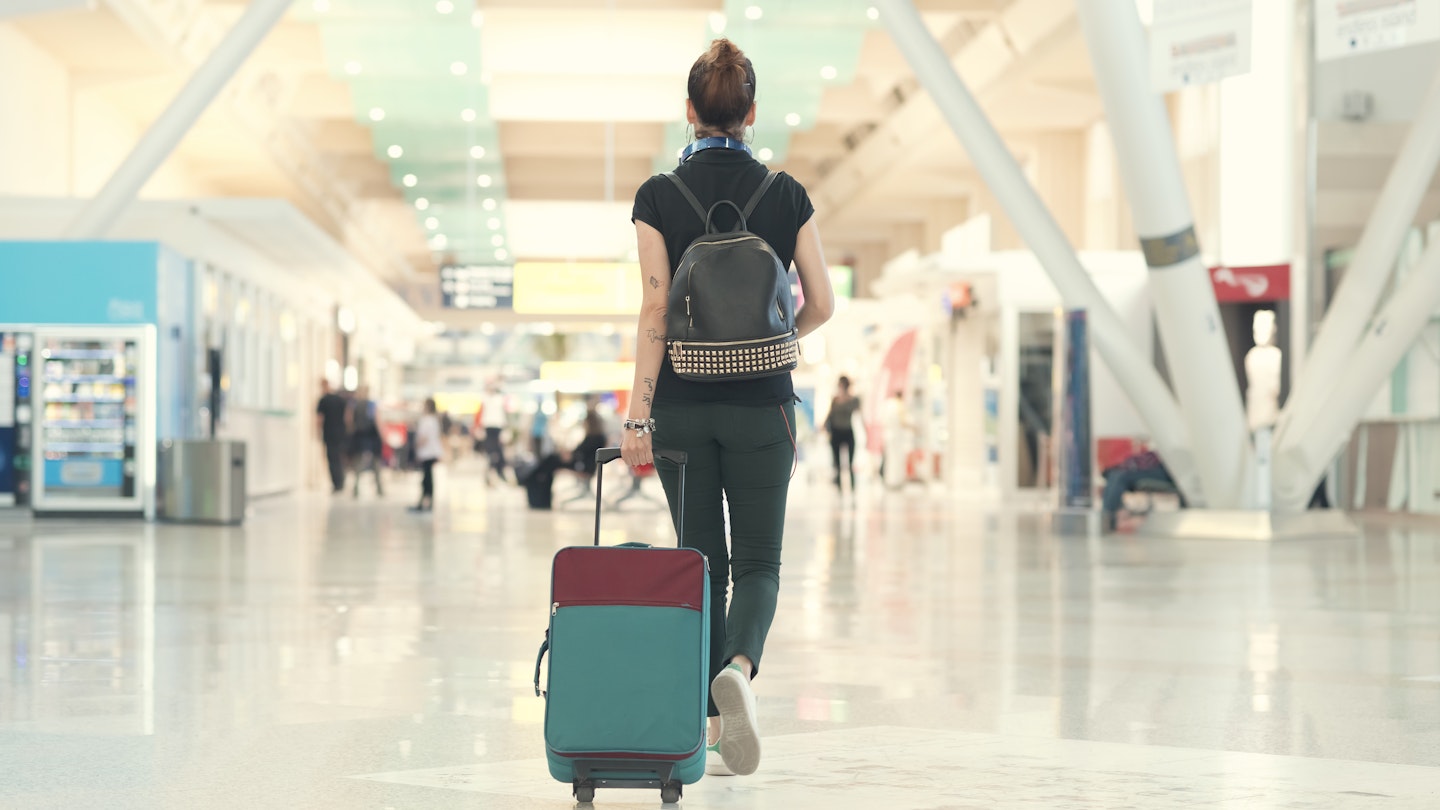Travel Advice During the COVID-19 Pandemic
The COVID-19 (Coronavirus) pandemic is an unprecedented situation for travel and travelers. At iBestTravel, it’s business as unusual. We focus on your needs as travelers while addressing numerous questions. Tom Hall, travel writer and our VP of Experience, provides insights to some of these queries. For additional questions, feel free to engage with us on social media.
Categories of Travel Advice
Giving advice and guidance in the current context can fall into a few broad categories:
- Immediate Travel: The upcoming four to six weeks are the easiest to advise on. If you have travel booked, your options are relatively straightforward. Follow government or WHO guidelines.
- Future Travel: Looking ahead quickly complicates things. There may be further restrictions and changes to booking conditions from airlines and travel companies. Some destinations might recover, whereas others may remain affected by the virus.
Should I be traveling right now?
Currently, it is realistic to state that now is not the right time to travel to many places. All travelers should adhere to government advice and carefully assess if their journey is responsible and essential.
Restrictions are being imposed worldwide. The US State Department advises Americans to reconsider overseas travel. Travel has been suspended for non-US nationals coming from 26 European countries for the next 30 days, including transit through the Schengen zone. Starting Monday, March 16, Ireland and the UK will also be affected. Additionally, India has suspended all visas, effectively halting inbound travel. Every day introduces fresh restrictions, and several European countries have closed their borders.
For specific advice, travelers should consult relevant government resources: United States, Australia, United Kingdom, and Ireland.
What if I booked travel to a destination not on the restricted list?
Most carriers are offering more flexible options for changing tickets that have already been purchased. Change fees are frequently waived for specific periods. However, flexibility varies by carrier—some may only allow rebooking or refunds on flights to affected areas.
If your airline is not offering greater flexibility, generally there won’t be a refund if you decide not to travel. Travel insurance typically will not cover a disinclination to travel.
Each day brings changes, so start by contacting your airline. Given that call centers are overwhelmed, consider making changes online and postponing decisions that can wait. If you must call, aim for off-peak hours. Social media-based customer service may also be helpful.
Should I be booking travel right now?
It depends on your circumstances. If you haven’t booked travel yet, you hold a stronger position. However, consider booking for later in the year. Many airlines are waiving change fees on flights booked until March 31, allowing travelers a long window to complete future travel.
Tour operators are likely to offer incentives to encourage bookings post-crisis, especially for the peak months of July and August.
Is my travel insurance valid?
It is crucial to have a travel insurance policy that covers you for potential disruptions. Review your policy to ensure coverage, particularly in regard to travel restrictions. Many policies issued since late January are likely to exclude COVID-19-related disruptions. Consequently, verify any requirements, such as purchasing additional coverage for travel disruptions.
My operator is refusing to allow me to cancel. What should I do?
While this is a challenging time for travelers, firms may retain strict policies for summer bookings. If your travel is beyond mid-April, you might have to proceed with your plans or risk losing any deposits. The travel industry aims to return to normal as swiftly as possible, hoping for a typical northern hemisphere summer season.
Traveling Through Restricted Destinations
If you have connecting flights through a destination with restrictions, promptly make plans to complete your journey. Procedures vary by transit point and destination. Key transit hubs continue to operate, though enhanced medical procedures are in place, such as thermal screenings.
Land-based Travel
In Europe, rail services are affected by individual country restrictions. For instance, Eurostar services are operating as usual. Check for updates with train operating companies like Seat61.
As global travel continues to face challenges, it’s vital to stay informed about the latest developments and adapt your plans accordingly.




